Author: Keisha Taylor
Intergovernmental organisations sharing and linking open and real-time data for inclusive governance
2011
Author: Keisha Taylor
2011
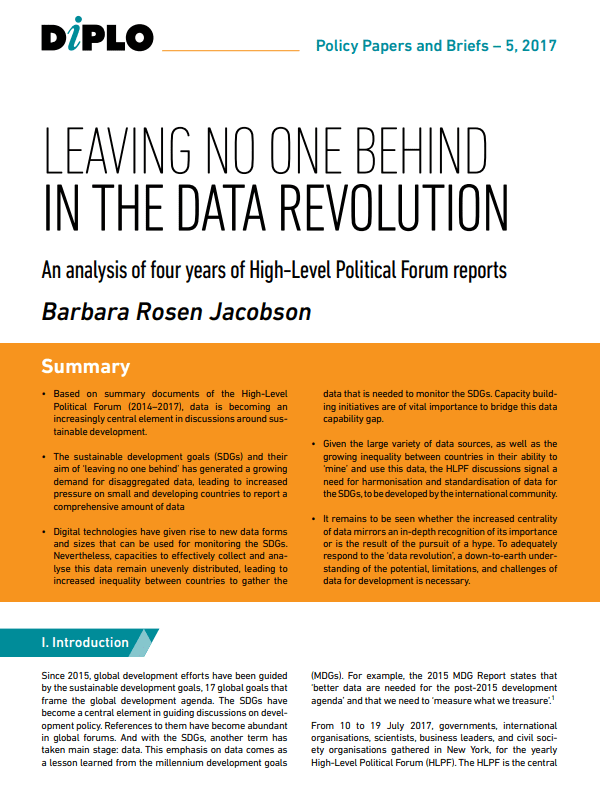
The text offers policy recommendations and insights on cybersecurity, focusing on building resilience, fostering cooperation, and addressing challenges in the digital domain.
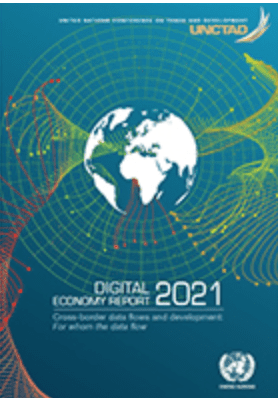
The Digital Economy report 2021 provides a review of studies dealing with cross-border data flows and analyses the inequalities in the data-driven digital economy. The Report looks at existing governance approaches at national, regional and multilateral levels, with a bearing on data flows. It calls for a balanced approach to global data governance that could help ensure that data can flow across borders as freely as necessary and possible, while achieving an equitable distribution of benefits, within and across countries; and addressing risks related to human rights and national security.
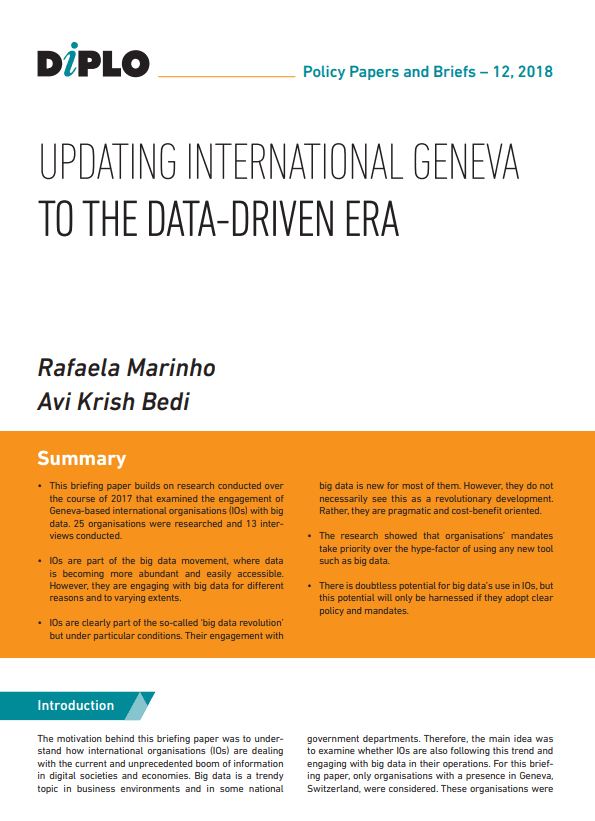
In this briefing paper, Ms Rafaela Marinho and Mr Avi Krish Bedi outline their research on how international organisations (IOs) in Geneva address and use big data in their work.
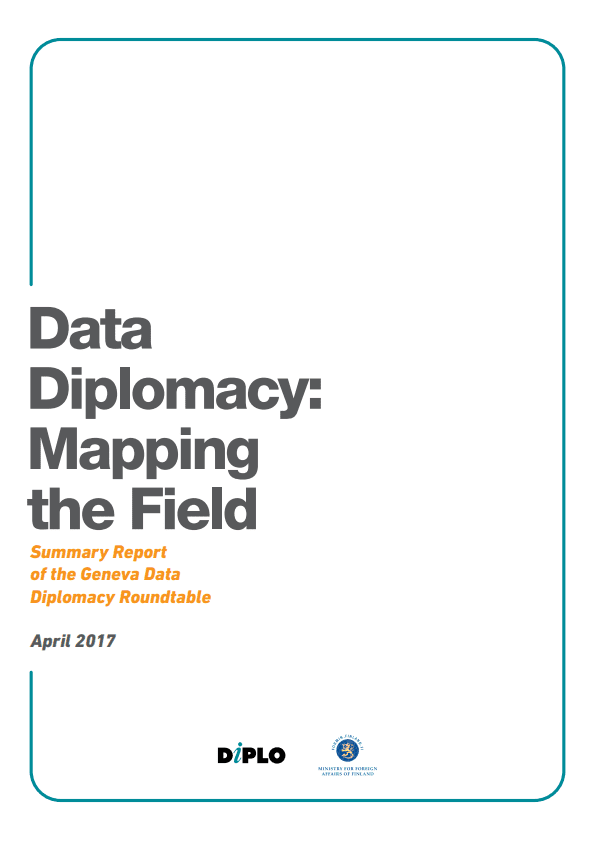
The adoption of open data policies and the standardization of data collection were among the recommendations made during DiploFoundation's Data Diplomacy Roundtable: Mapping the Field, a brainstorming event that took place on 5 April 2017 – on the role of (big) data in international affairs and diplomacy.
The message highlights the threat of hypocrisy to the future of the internet, raising concerns about the negative impact of inconsistent actions and standards on the digital landscape.
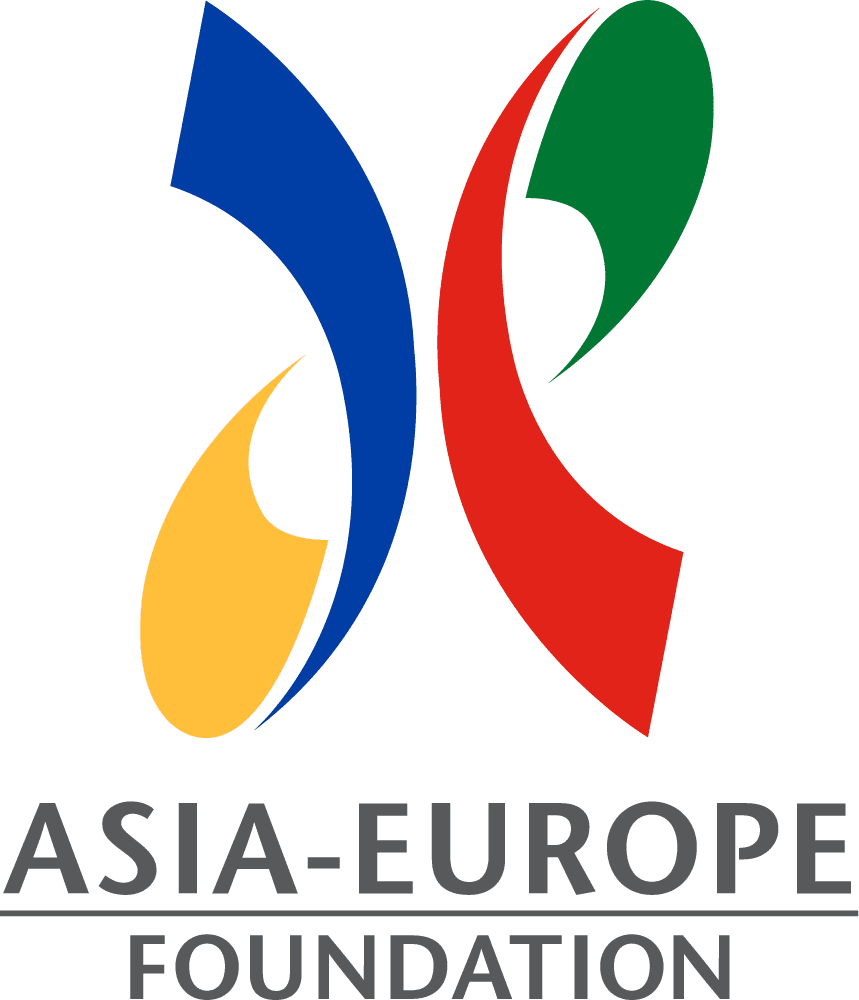
The ASEF Outlook Report 2016/2017 Volume I delves into data on various dimensions of Asia-Europe connectivity including digital, economics, sustainable development, culture, media, education, and governance.
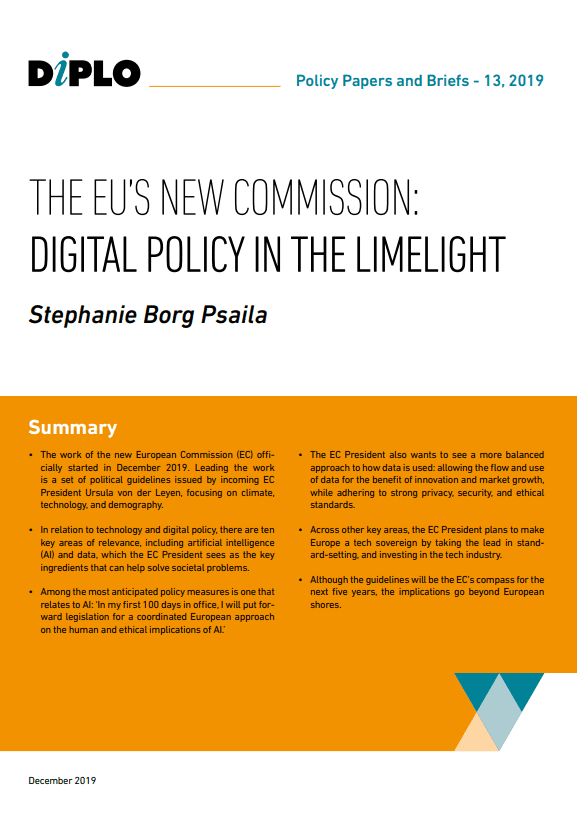
In this briefing paper, Dr Stephanie Borg Psaila analyses Ursula von der Leyen's new EU Commission's emphasis on digital policy for 2019–2024.

Unpacking the Global Digital Compact explores the origins and impact of the Global Digital Compact (GDC), a new UN framework adopted at the 2024 Summit of the Future to shape digital and AI governance. This book explores the GDC's complex negotiations and its role in fostering global cooperation amid diverse perspectives and diplomatic challenges. Through accessible analysis and practical insights, it serves as a vital resource for understanding how the GDC aligns digital governance with the public interest and addresses the challenges of an increasingly complex policy landscape.

The rapid rise of the Internet has encouraged the use of open, real-time, and linked data to help understand and improve development processes.The advancement of data use for development without an Internet governance framework, however, raises the importance of inclusion of the most marginalized, as well as privacy and security. This paper will examine such issues, as well as the role inter-governmental organisations can play in helping to encourage the use of data while supporting the protection of privacy and security.
Tailor your subscription to your interests, from updates on the dynamic world of digital diplomacy to the latest trends in AI.
Subscribe to more Diplo and Geneva Internet Platform newsletters!
Diplo is a non-profit foundation established by the governments of Malta and Switzerland. Diplo works to increase the role of small and developing states, and to improve global governance and international policy development.
